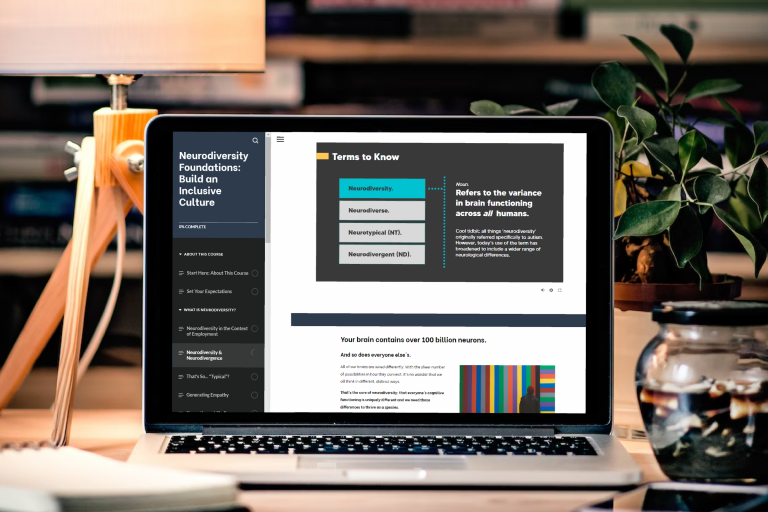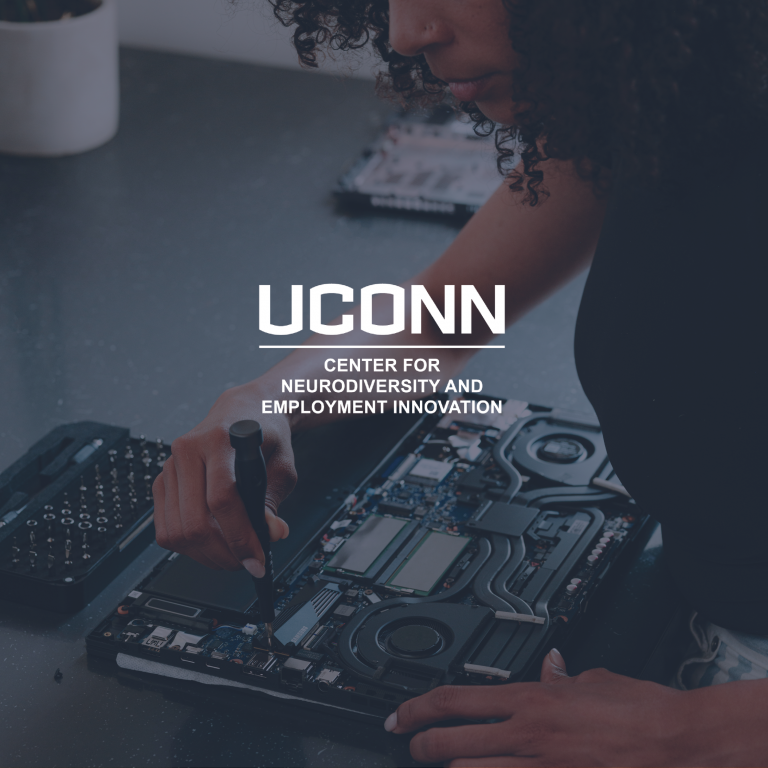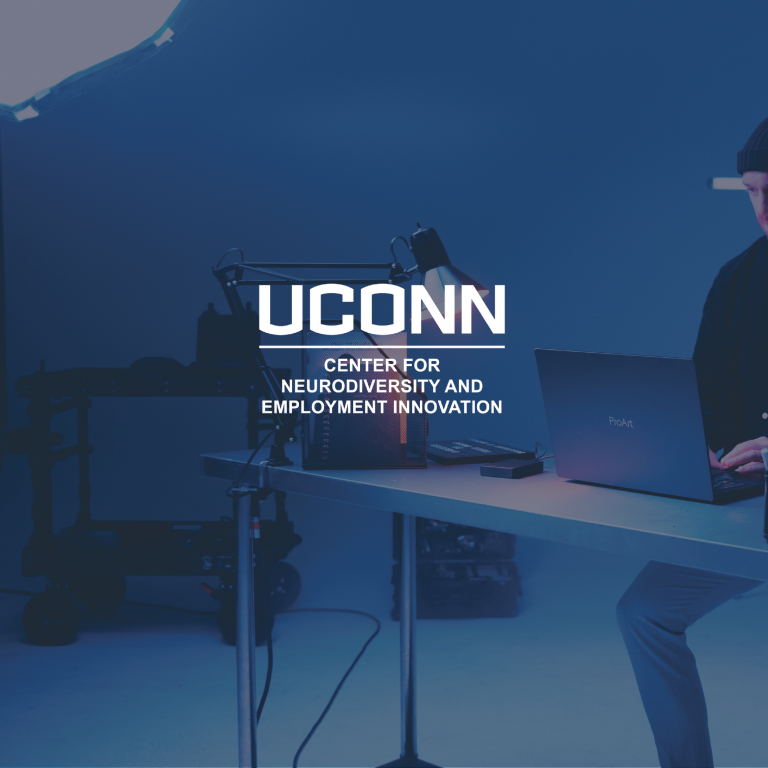Excellence in Neurodiversity for
Coaches & Mentors
5 Course series
Learn how to advocate for others and support creating a culture of neuroinclusion.

Format
Online Asynchronous
Length
Approx. 4-5 hours
Audience
This course series is built for individuals within organizations who want to offer support to others and contribute to creating a more neuro-inclusive culture
Objectives & Outcomes
This Coaching series includes a collection of 5 courses that explore neurodiversity at a foundational level; explain how to interpret behaviors that might be related to neurodivergence; and describe tools and techniques for coaching support in this space. You will learn to understand neurodiversity in the context of employment and how to better support people who think, learn, and work differently.
Courses in this Series
1. What is Neurodiversity?
2. Neurodiversity Distinctions
3. How Differences Might Show Up
4. How to Apply Your Learning to Scenarios
5. Coaching Toolkit
Courses in this series

Course 1: What is Neurodiversity?
Learn why the topic of neurodiversity is so important, especially in the context of accessing employment opportunities. Content focuses on foundational information, including terminology, how evaluations work, and grounding learners in a “strengths-based” perspective about neurodiversity.
Outcomes & Learning Objectives
This course teaches...
- Terminology and vocabulary, including what neurodiversity means and related terms like neurodivergent and neurotypical.
- The types of brain functions that experts evaluate to determine someone’s cognitive profile - and to assess neurodivergence.
- About the barriers neurodiverse people encounter during the employment search and, once they succeed, the challenges they face in the workplace that are often related to their behavioral and cognitive differences.
Course 2: Neurodiversity Distinctions
This second course in the series is designed to provide an overview of three of the most common neurodiverse profiles: autism, ADHD, and dyslexia. The idea is to dive into these labels with enough information that you understand their distinctions - before shifting away from specific diagnoses and labels to focus on behaviors.
Outcomes & Learning Objectives
This course teaches...
- The distinctions (and overlap) between autism, ADHD, and dyslexia.
- About the 3 most common neurodiverse cognitive profiles through quotes, lived experience, and behavioral, medical, and psychological models.


Course 3: How Differences Might Show Up at Work
This third course in the series describes behavioral categories related to neurodivergence. The 4-category framework introduced here is meant (only) as a tool to help learners be more aware of the different ways neurodivergence can be a factor in another person’s outward behavior – behavior that could otherwise be misunderstood, confusing, or judged.
Outcomes & Learning Objectives
This course teaches...
- By exploring 5 real-life, workplace scenarios where neurodivergence could be a factor.
- A 4-category framework to help you interpret - in real time - the ways that neurodivergence could be impacting someone’s behavior.
- Additional context (and the why) about the behaviors included in the framework.
Course 4: How to Apply Your Learning to Scenarios
How to Apply Your Learning to Scenarios is focused on the application of the knowledge you gained in the previous courses and lessons.
Outcomes & Learning Objectives
This course teaches...
- Our recommended “order of operations” strategy for how to approach challenging behaviors like those described in the scenarios from the previous lesson.
- What the implementation of the above strategy could look like in digging deeper into problems or issues and then generating potential solutions.


Course 5: Coaching Toolkit
This final course in the Coaching series provides prescriptive and practical tools for your role in mentoring employees and managers.
Outcomes & Learning Objectives
This course teaches...
- Techniques to support better understanding of the different communication and work styles that stem from neurological differences.
- Guidance for how to serve as a helpful “translator” between neurotypical and neurodivergent people in the workplace (specifically, your coachee and their manager).
Contact us to schedule a free course demo.
Deliver change for people who think, interact, and work differently.
